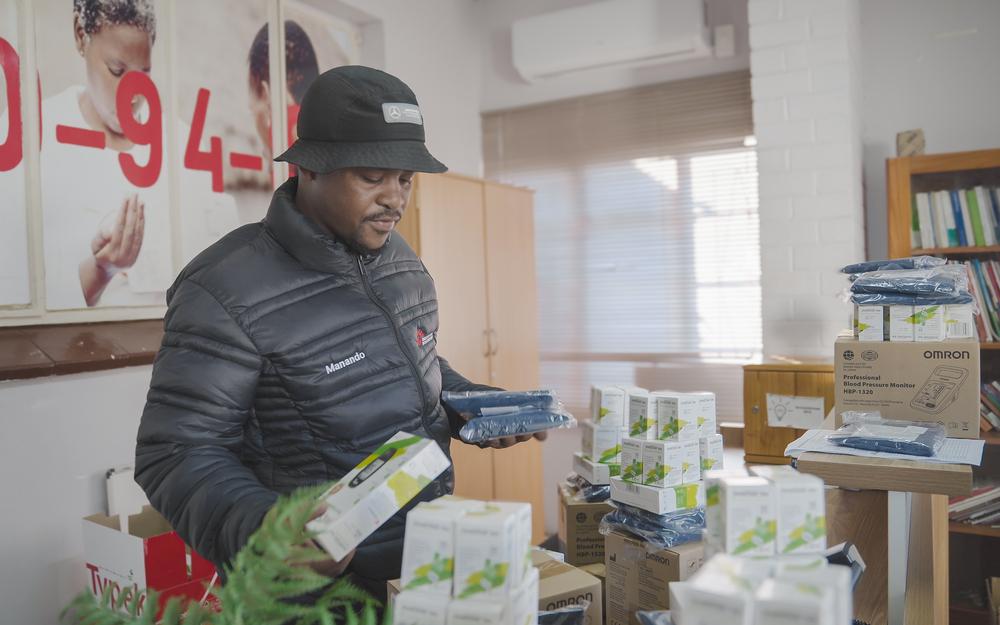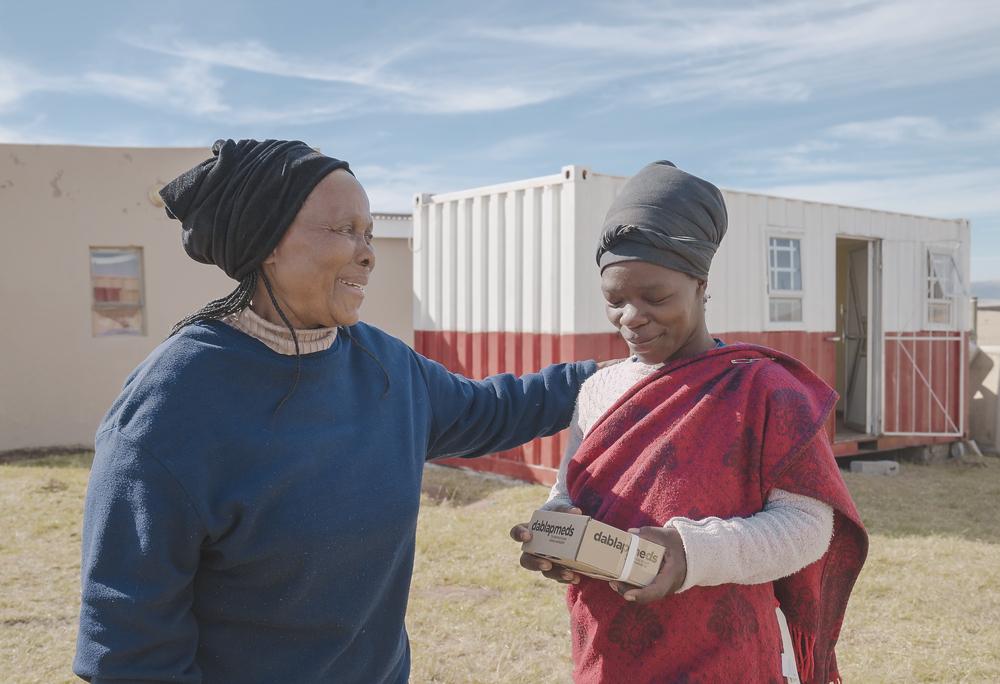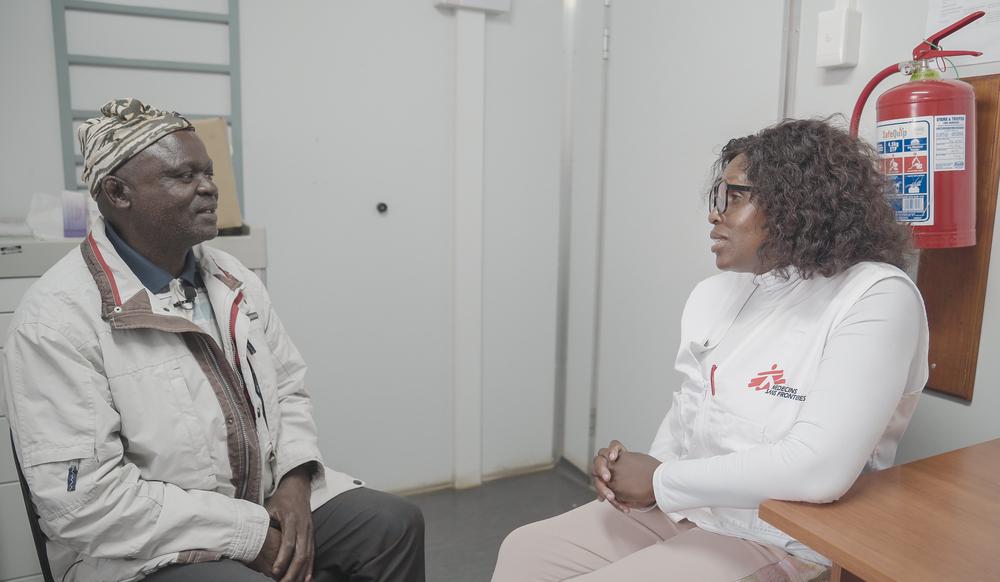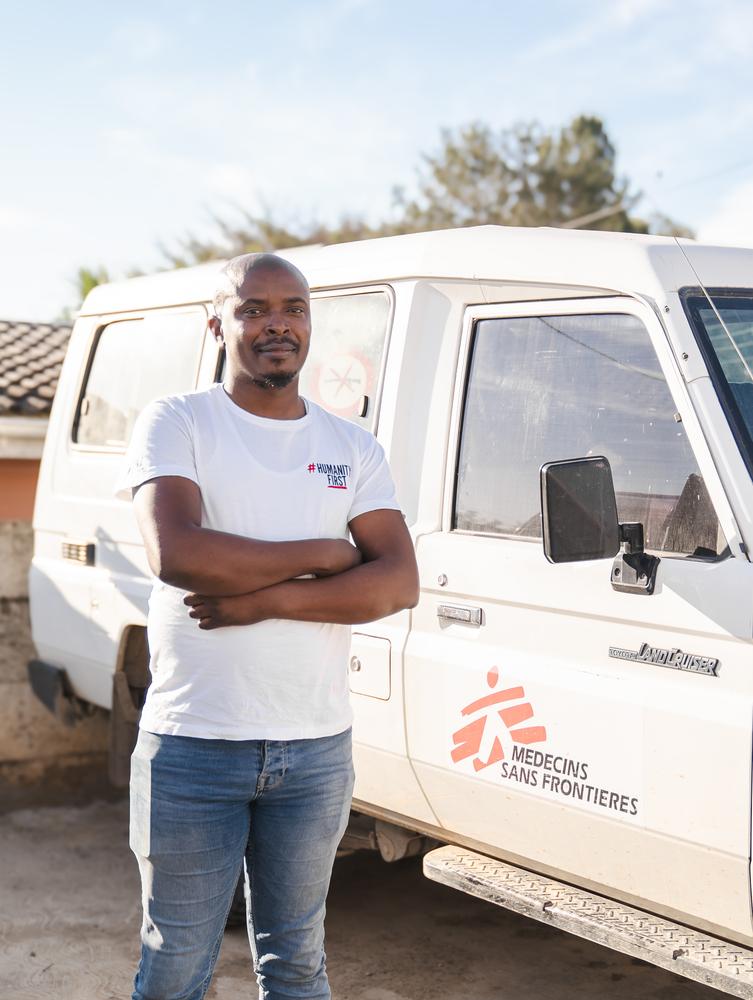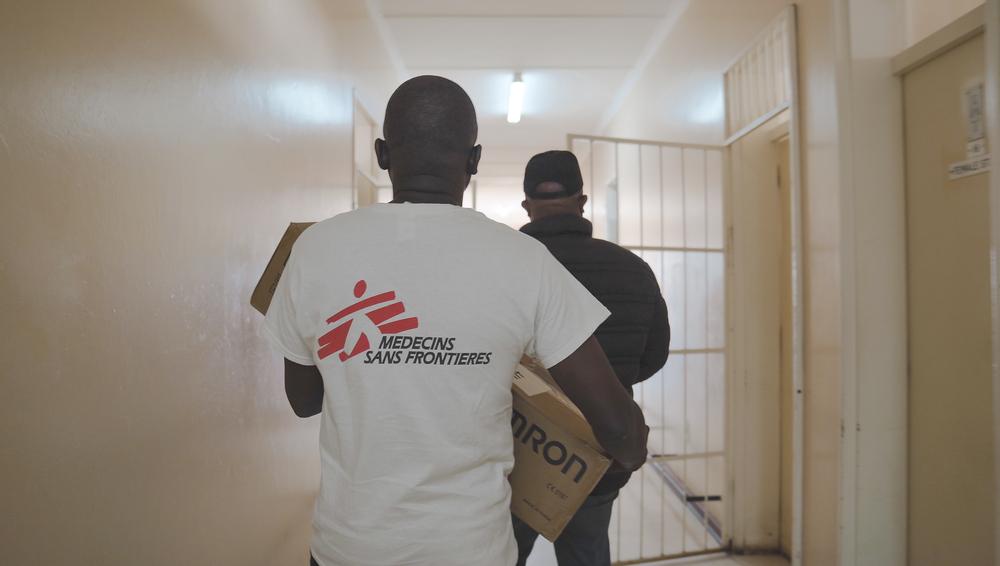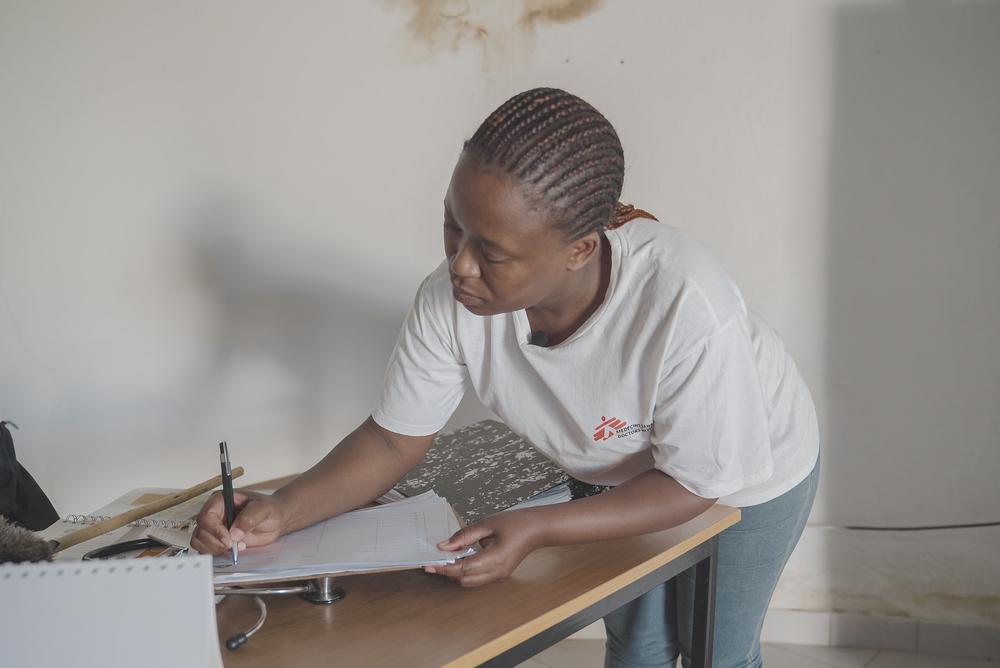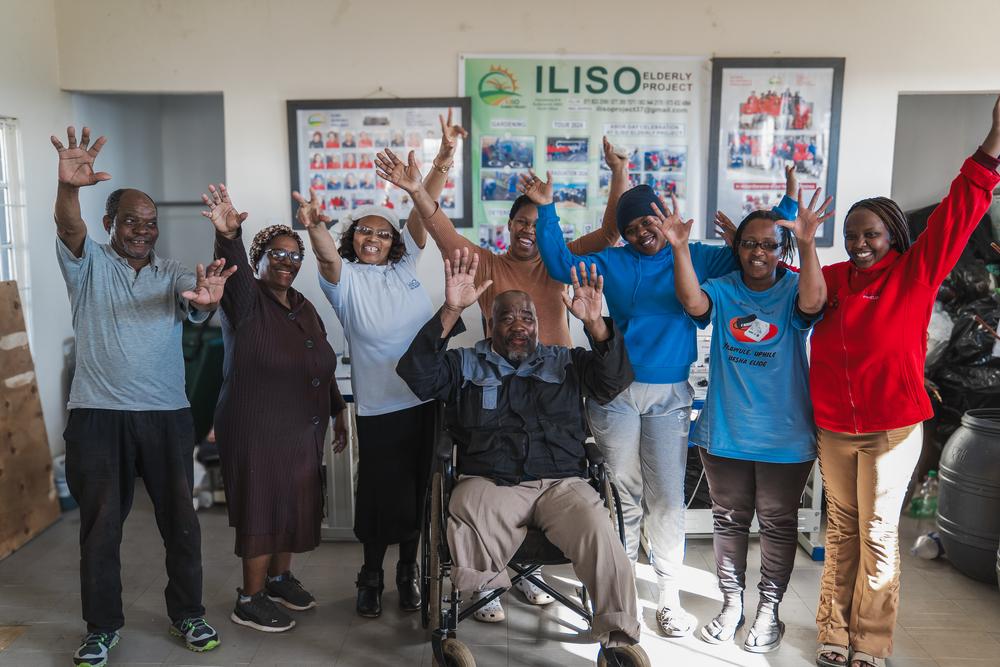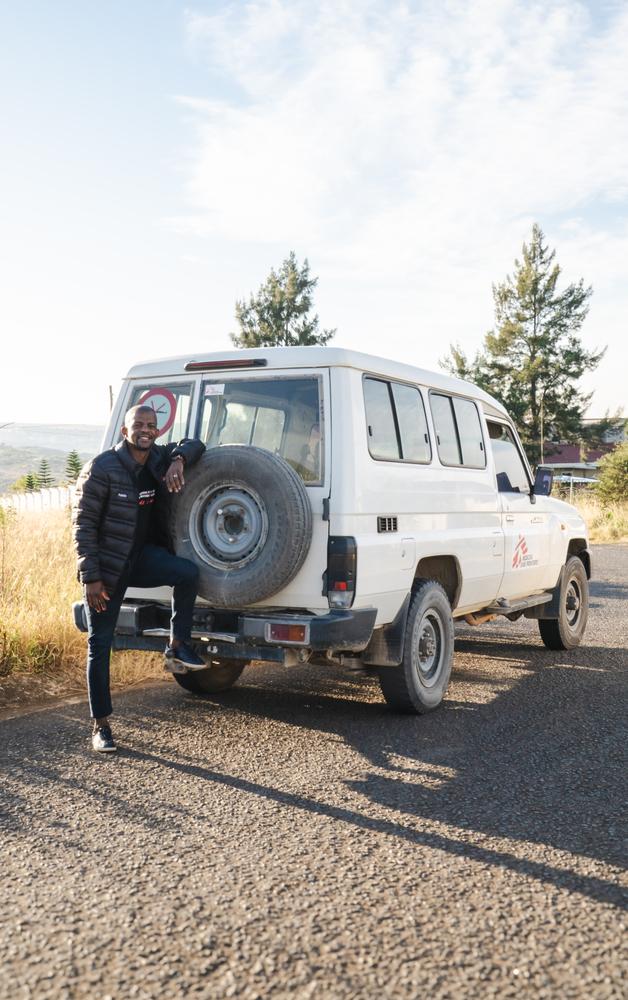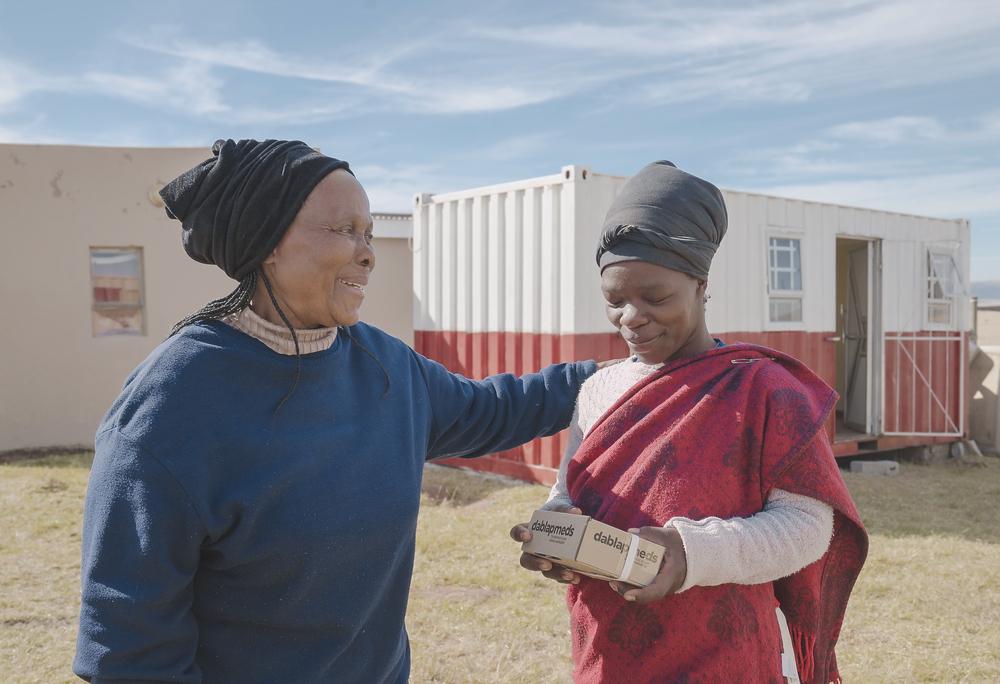
The Eastern Cape Community Tackling Diabetes Head On
For many people living in the Eastern Cape, South Africa, managing chronic conditions like diabetes and hypertension often means travelling hours for a simple check-up or to collect lifesaving medication. Since 2023, Doctors Without Borders (MSF) has been supporting the Eastern Cape Department of Health (ECDoH) in South Africa in improving care for non-communicable diseases (NCDs), such as diabetes and hypertension.
People living with diabetes need consistent care and medication to manage their condition. In places like Butterworth, Eastern Cape, many patients are compelled to travel long distances, sometimes up to twice a month, for treatment or screenings at health centres. This process is costly and cumbersome, and many patients default or are never initiated into treatment. To make treatment more accessible, MSF has established four external medication pick-up points (PUPs) in rural communities, allowing patients to collect chronic medication closer to home.
Building on decades of experience tackling HIV and TB in South Africa, we are applying community-based models of care to chronic disease care. These lessons are helping demonstrate that accessible, patient-centred NCD care is achievable, even in remote settings.
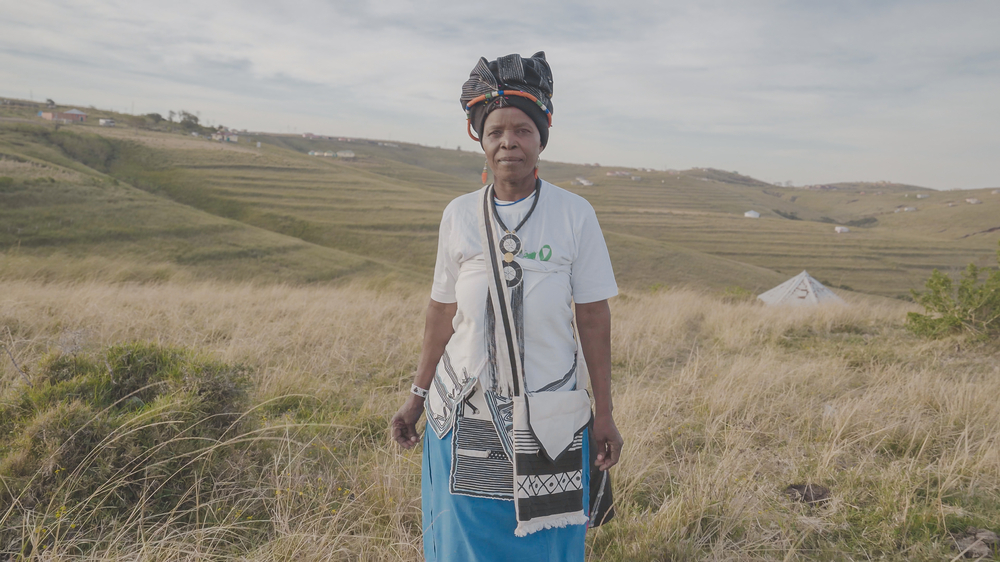
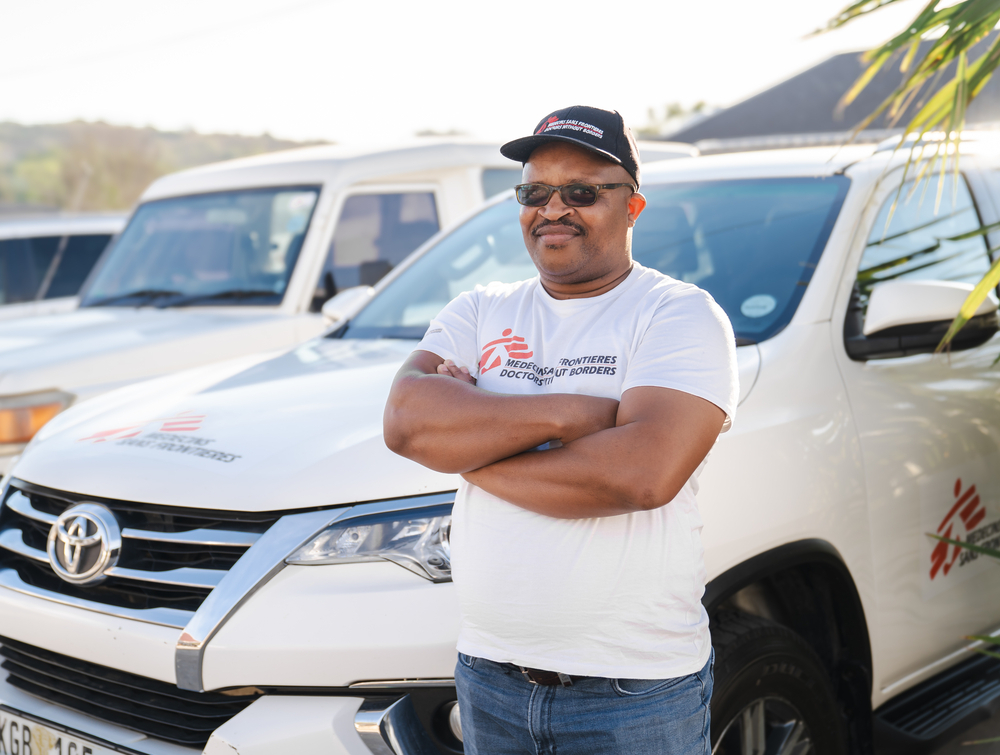
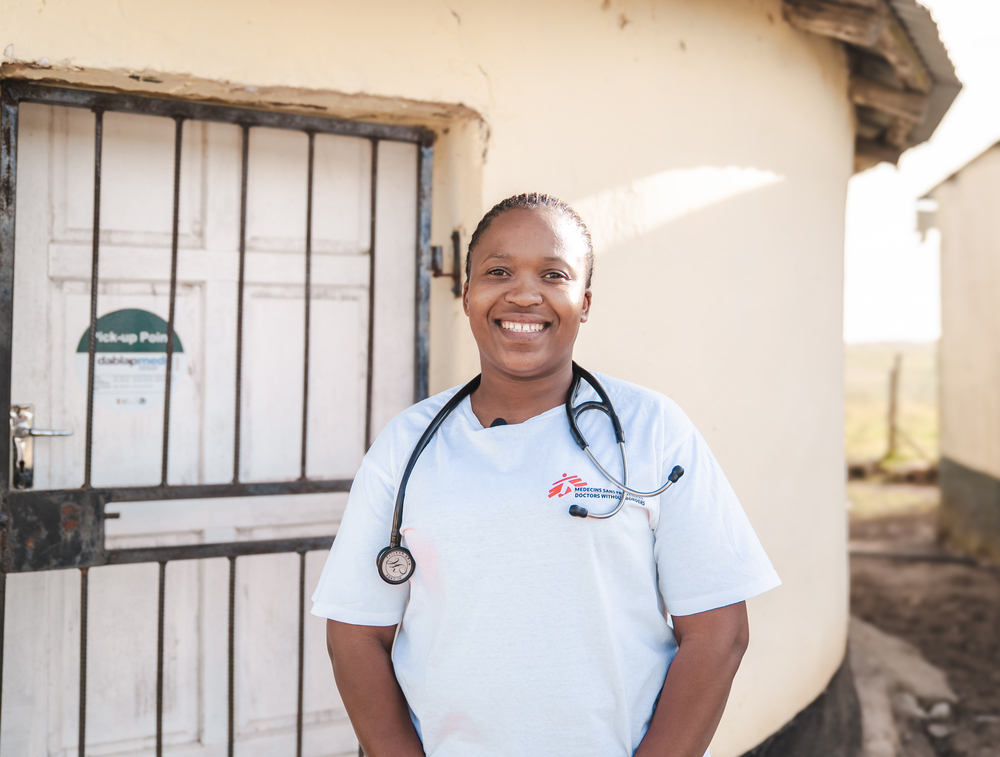
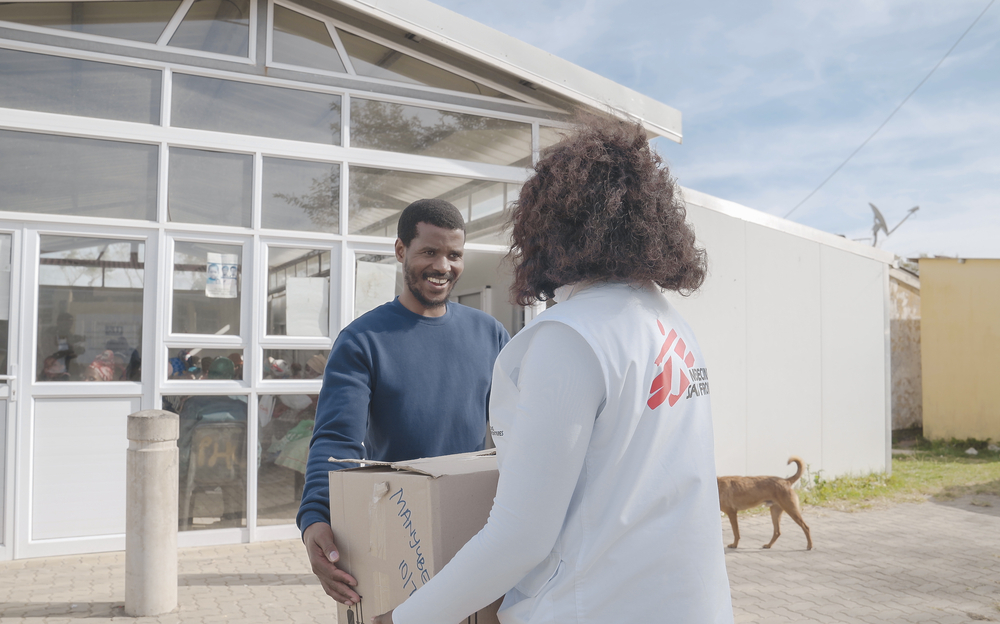
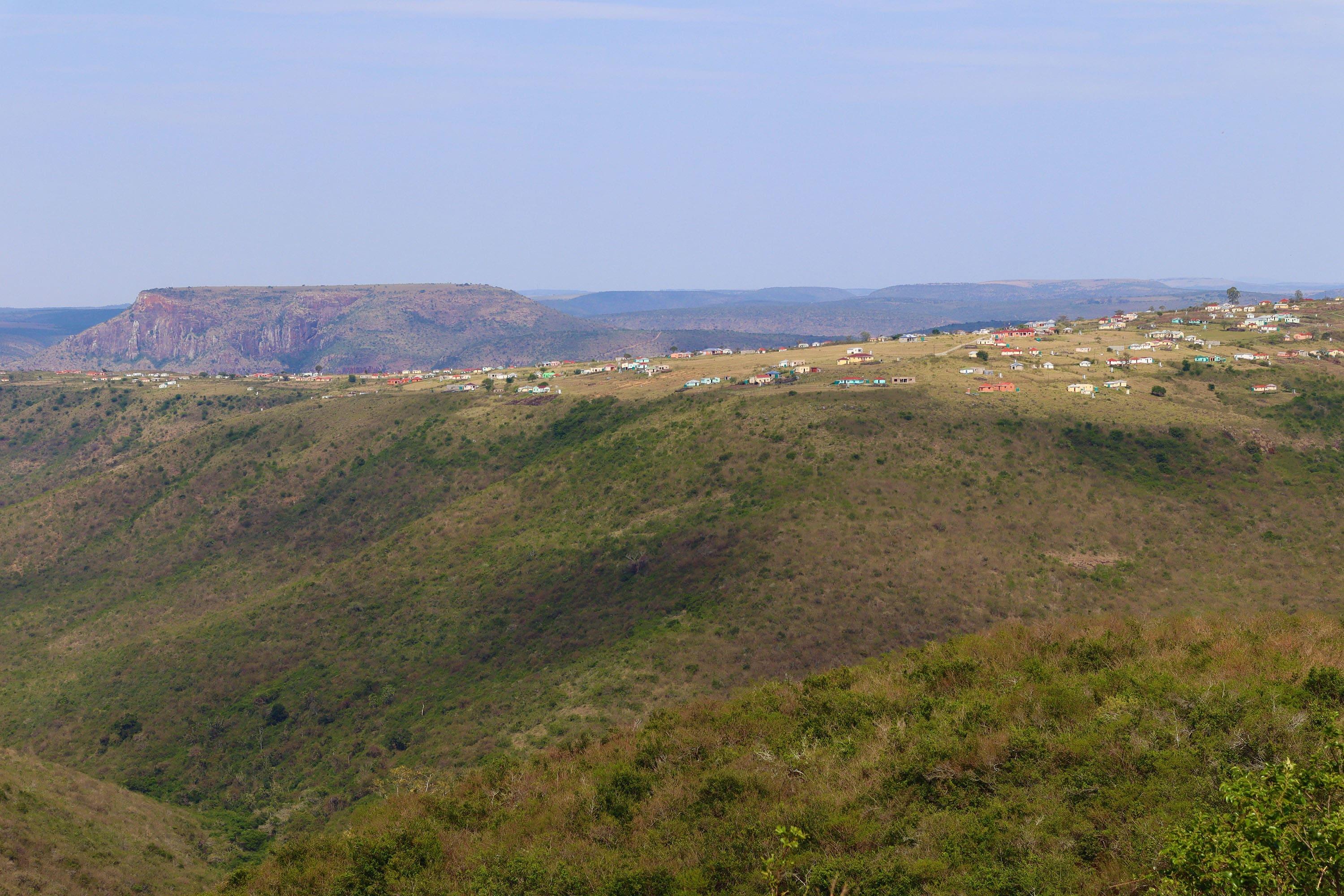
Treating Diabetes and Hypertension
msf.org.zaMSF is supporting the Eastern Cape Department of Health to improve services for patients with chronic conditions, focusing on type 2 diabetes and hypertension. With the help of community-based organisations, we want to take some of those services closer to communities.
Read more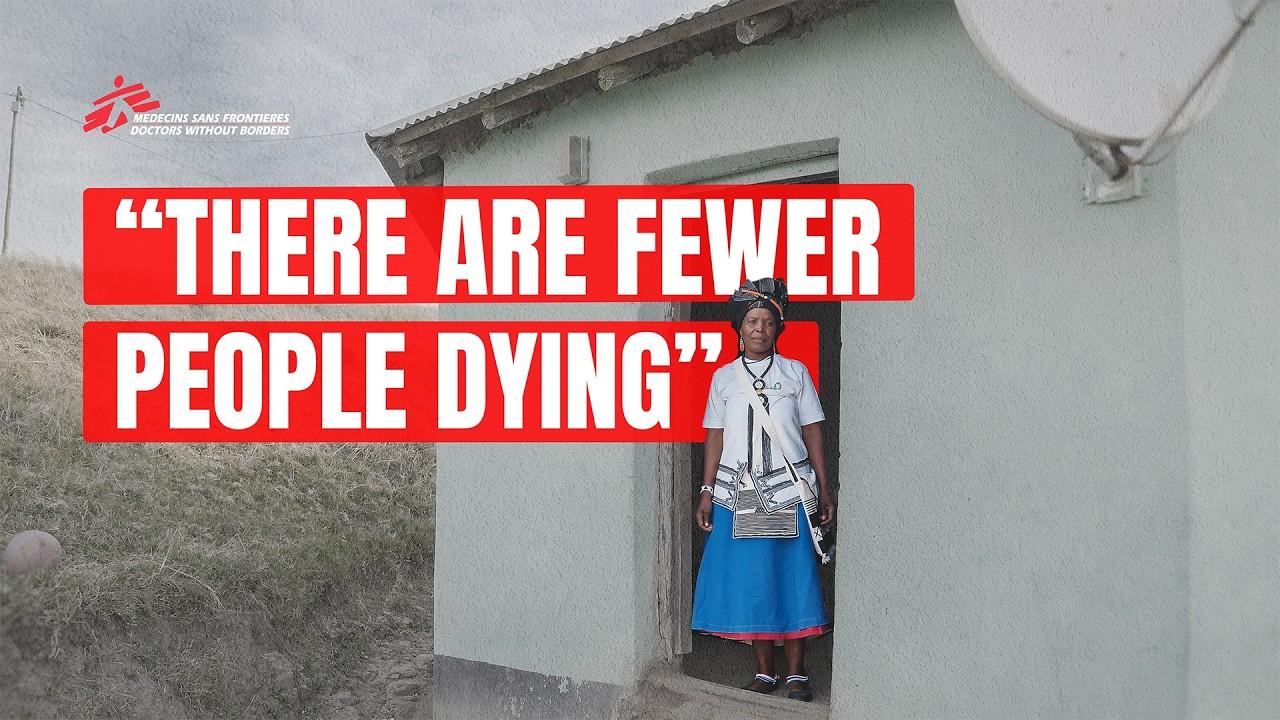
How these pick-up points can transform diabetes care in rural South Africa.
